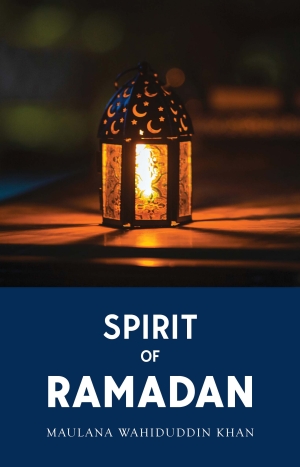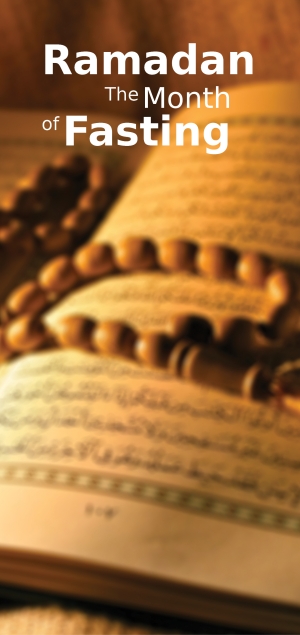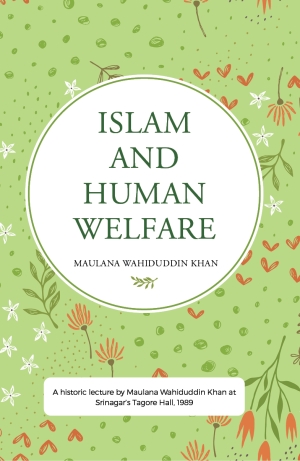Charity, in its broadest sense, has been called Sadaqah in Islam. Such great importance is attached to the charity that the month of Ramazan has been fixed for individuals to be trained in the practice of charity. Therefore, it has been made into an institution to give it permanence and regularity. The law of Zakat, i.e., to take from the wealthy and give to the poor, rotates wealth in such a way as to balance social inequality.
There are two forms of charity in Islam—obligatory and voluntary, called Zakat and Sadaqah. The verb Zakat, which signifies ‘to thrive’; ‘to be wholesome’; ‘to be pure’; means purification. Giving up a portion of one’s wealth, which is more than what one needs for one’s sustenance, is a purifying process that legitimizes the use of the remainder by the donor.
The term Sadaqah is also, in some instances, used in an inclusive sense to cover all kinds of charity and should be interpreted according to the context. From the root Sadaqah, ‘to speak the truth; to be true’ literally means righteousness. Ibn Arabi explains it as a ‘voluntary act of worship, a choice made by one’s own free will. If this is not the case, then it is not voluntary Sadaqah. For man makes it obligatory upon himself as God makes mercy obligatory upon Himself towards those who repent.’
Featured Articles
Featured Videos
FAQs
According to a tradition, the Prophet once observed: “When a person plants a tree and then he dies and this tree grows and bears fruit which human beings and birds eat, then this will be a continuous form of charity so long as the creatures of God keep benefiting from it.” (Musnad Ahmad, Hadith No. 15616)
Being of use or being helpful is an immutable principle in Islam. It is called continuous charity. This means that when a person does something good which benefits others, for instance, he plants a tree or builds a bridge and then he dies but his work is still extant after his death and continues to benefit people, then this kind of continuous charity is regarded as being of great importance and deserving of a great reward.
Continuing charity in fact reflects a noble aspect of a person’s character. It shows a high level of altruism when a person does something which will benefit succeeding generations, long after he has left this world.
Munificence is a noble virtue. One who is of such a character does not do something good only when the need arises. He rather does things which are of general benefit. His wish is that even his death does not put an end to his beneficence. He wishes that the good he does should continue even when he has left this world.
Being of service to others is in fact the perfection of humanity. In giving to others he finds even more for himself, more than he has given to others. Such an act obliterates the concept of ‘we’ and ‘they’. And establishing an environment of human oneness is indeed a great service to humanity.
Source: The Spirit of Islam
It is desirable in Islam that everyone should be imbued with the spirit of charity. On all occasions he should be ready to give alms. The Prophet of Islam once observed that every Muslim is exhorted to give alms. When asked if the person concerned did not have anything to give, the Prophet replied he should work and earn and then he should keep some of his earnings for himself and give the rest to others. Then again he was asked what the person should do if he was unable to earn. The Prophet said, then he should help the needy. Again he was asked what he should do if he couldn’t help the needy. The Prophet replied, he should urge others to do good. He was asked what if he could not do this either. Then the Prophet observed that he should refrain from doing evil as that is also a form of charity. (Sahih al-Bukhari, 1445)
Alms-giving is not an occasional act. It has to be performed regularity. When this spirit of charity is born within one it finds expression at all times. One who possesses this charitable spirit will surely act in accordance with it.
Charity in fact, expresses well-wishing for others. When this spirit of well-wishing is awakened, a person feels the inner compulsion to help others. If he has money he will help others with it. If he does not have money, he will earn some so that he may meet his own requirements and then give the rest to others. And if he does not have money, he will try to help others with his other capabilities, for instance, removing thorns from the path, or guiding travellers. This feeling will sometimes express itself in the form of urging others to do good. To reform others, he will say good words to them. The last form of charity is that he should save others from such of his actions as may harm them.
Source: The Spirit of Islam
Sadaqah or charity is the duty of acceding to others the right to share in one’s wealth. It makes one aware that if one’s own needs require the expenditure of money for their satisfaction, so also do the needs of others. One is never then oblivious to the needs of others.
Source: Spirit of Islam February 2018
The Quran thus defines the qualities of the believers: “They give away their wealth to their relatives and to orphans and the very poor, and to travellers and those who ask [for charity], and to set slaves free.” (2:177)
This verse shows in what ways the realization of faith finds expression in the family and in society.
The Quran tells us that the believer starts helping needy relatives since he is closely connected with them. But when there are many kinds of complaints there can be no expectation that the relatives will be grateful to him. That is why Islam strenuously encourages assistance for needy relatives.
Similarly, a believer loves to help orphans and the needy. His sensitive heart becomes a guarantee that he will not regard the weak as lowly but that he should rather rush to help them.
The same is true of the traveller. A traveller might be well off in his hometown. But when he is far away from his home on a journey, he can in many ways need help. Here the believer’s faith motivates him to help the traveller in whatever way is necessary. Similarly, if there are people who are beset by some problem because of social traditions such as slavery and they don’t have enough money to buy their freedom, it is one of the virtues of the believer that he will spend money to free them.
Source: The Spirit of Islam











